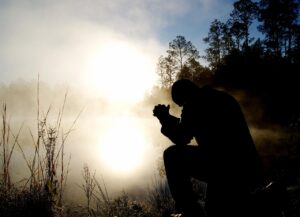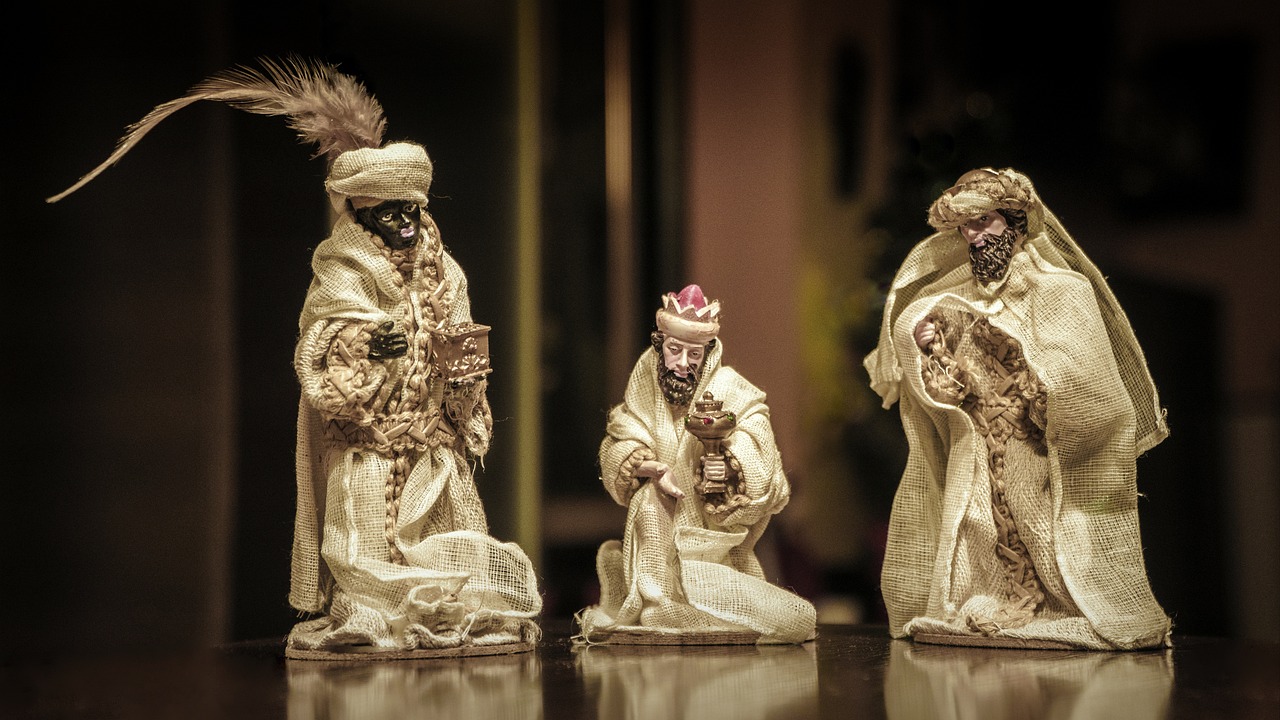


Since the 4th-century Christian churches have been celebrating Epiphany. Derived from the Greek word, epiphaneia which means “manifestation”, the holy day remembers the first revealing of Jesus to the Gentiles–the Magi or wise men from the East. (see last week’s post, Who were the “Wise Men” who visited baby Jesus?Epiphany is commemorated 12 days after Christmas. Epiphany eve is called Twelfth Night in some traditions and culminates what is universally known as the 12 days of Christmas.
This day of remembrance is most notably celebrated in Roman Catholic, Episcopal, Lutheran and Orthodox churches, but sometimes in other protestant denominations. This year Epiphany is January 6 for those who celebrate Christmas on December 25. Orthodox Christians and other Christian churches in lands where the Orthodox tradition is dominant, celebrate Epiphany on January 19–12 days after Christmas which falls on January 7.
Epiphany is celebrated in a myriad of ways, from gift-giving to feasts and from burning herbs to sprinkling holy water. These later practices along with prayers to the Magi are among the non-biblical practices that have led many evangelical churches to deemphasize Epi[hany.
In addition to celebrating the visit by the Magi, some churches include a celebration of Jesus’ baptism and the first recorded miracle, turning water into wine at the wedding in Cana.
One of the board members of Living Dialog Ministries uses Epiphany as a time to write his annual reflection on the past year and his prayer for the year ahead.
However you choose to commemorate Epiphany keep your focus on the object of the Magi’s adoration–Jesus, the anointed one sent by God to die for your sins and for the sins of everyone else who has ever lived or who will ever live. If you want to learn more about Jesus, who came to save a lost world, check out our post: How does one become a Christian?
Answers to Life’s Greatest Questions is provided by Living Dialog Ministries. Visit our website at LivingDialog.org where you’ll see the wide range of books and booklets to help you go deeper in the study of God’s Word.